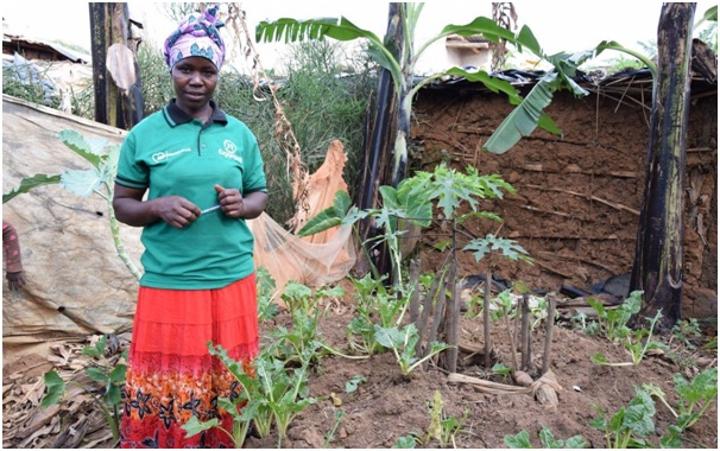Africa-Press – South-Sudan. By Jurugo Emmanuel Ogasto
A two-year study on the refugee populations in Uganda has revealed that refugees are more economically viable than they have been considered before. The End-line Study for the Financial Inclusion for Refugees Project on the theme: Rebuilding Livelihoods in Displacement was aimed at enabling policymakers, civil society, and leaders to make more informed decisions regarding the refugee sector.
The survey shows that the refugees still rely on cash donations and food rations for more than half of their day-to-day needs, but that this is reducing as they find more access to employment opportunities.
However, it also revealed that the average incomes of the host communities are not quite different from those of the refugees, despite one group being under some form of restrictions, while another is entirely free.
In the four refugee camps studied, in the last quarter of 2021, refugees at the Bibi-Bidi camp in Yumbe, West Nile had the highest average income of 335,000 shillings monthly, followed by those at Palorinya in Moyo District, whose average income was 289,458 shillings.
Refugees in Kampala earn an average of 200,000 shillings while those at Nakivale Settlement earn the lowest, averaging 133,167. Nakivale also was the only camp where the average income dropped (by 75,000 shillings) from the first quarter of 2020 when the two-year study commenced.
The main sources of income for refugees remain non-employment income or donations, Agriculture, self-employment like trade and BodaBoda, and Rental income among others.
Michelle Hassan, the BFA Global Country Manager based in Kenya, said the refugees are basically involved in any kind of trade suitable for the area in which they are, which shows how versatile they can be.
For More News And Analysis About South-Sudan Follow Africa-Press






